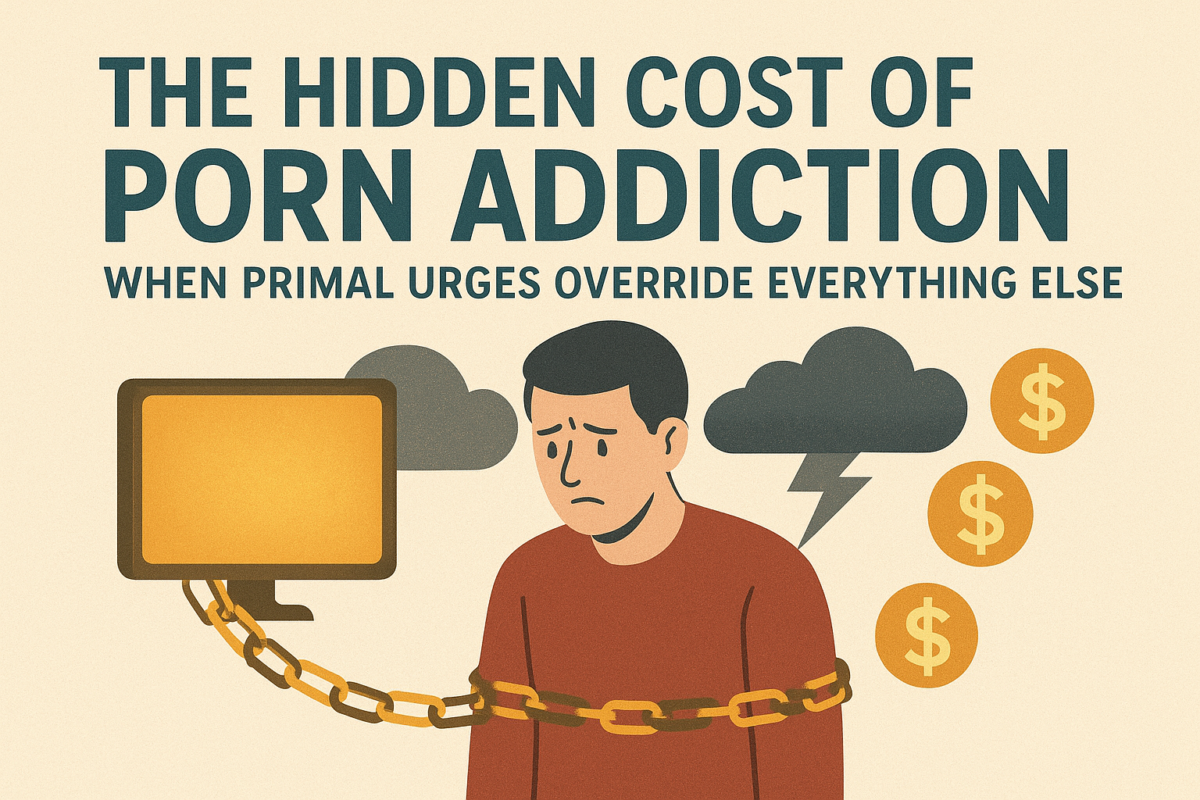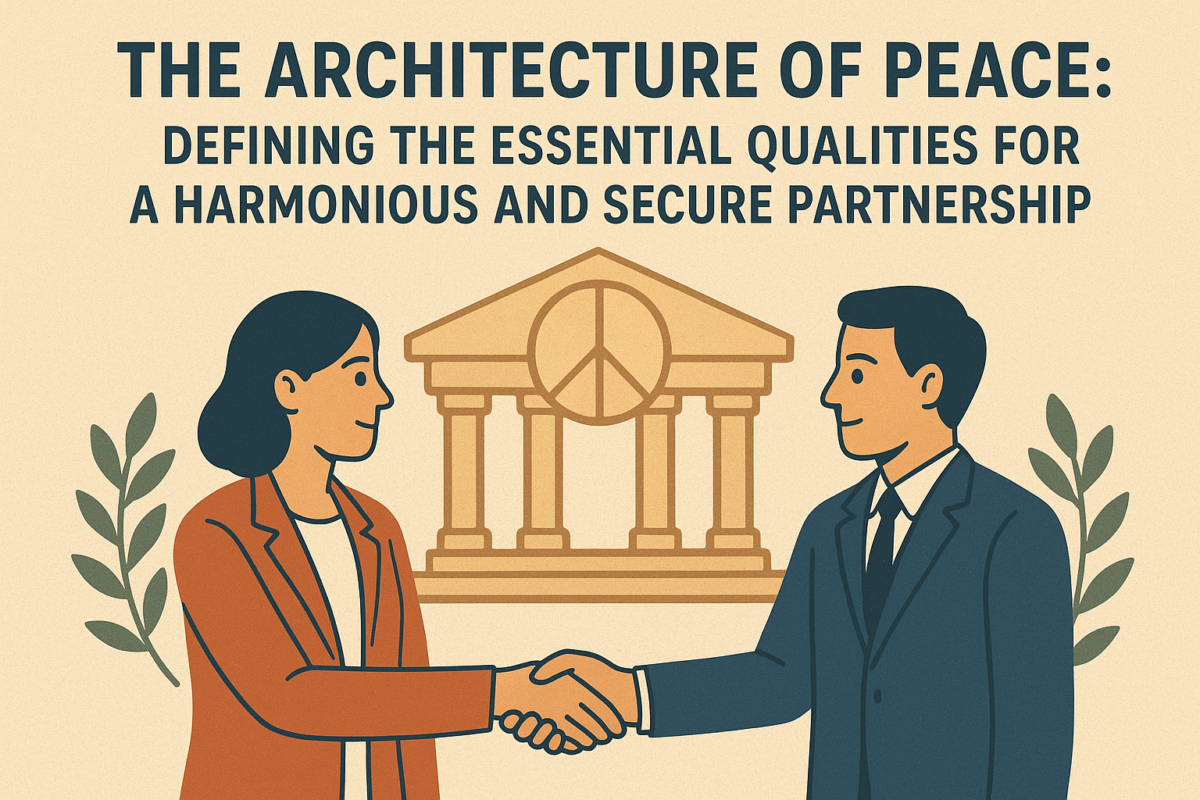Addiction rarely announces itself with fanfare. It creeps in quietly, reshaping priorities so gradually that the person caught in its grip often doesn’t notice until significant damage has been done. Porn addiction is particularly insidious precisely because it hijacks one of our most fundamental biological drives: the urge to seek sexual satisfaction.
The Power of Primal Urges
Unlike addictions to substances or activities that our ancestors never encountered, pornography exploits neural pathways that evolution spent millions of years refining. The drive to seek out sexual stimulation isn’t just strong—it’s foundational to our existence as a species. Our brains are hardwired to prioritize sexual opportunity, releasing powerful neurochemicals like dopamine that create intense motivation and pleasure.
This is what makes porn addiction so challenging to recognize and address. When the brain’s reward system gets hijacked by easily accessible, endlessly novel sexual content, it doesn’t register this as abnormal. Instead, it treats the compulsion as a legitimate survival priority, much like the need for food or safety.
The Cascade of Neglect
What makes this addiction particularly destructive is how thoroughly it can displace other important aspects of life. When a primal urge demands attention, everything else becomes secondary. The results can be devastating:
Relationships suffer first. Partners often report feeling invisible, undesired, or confused about why their significant other seems distant. Intimacy becomes mechanical or disappears entirely. The addict may be physically present but emotionally checked out, their mind elsewhere or simply too depleted to engage authentically.
Career and ambition take a back seat. Hours that could be spent developing skills, building a business, or advancing professionally evaporate. The compulsion to seek out pornographic content can interrupt work, reduce productivity, and diminish the mental energy available for creative or strategic thinking. Opportunities get missed not because of lack of ability, but lack of presence.
Personal health deteriorates. Exercise routines fall away. Sleep schedules become erratic as late-night viewing sessions stretch into the early morning. The shame cycle that often accompanies addiction can lead to poor self-care, unhealthy eating habits, and withdrawal from activities that once brought joy and vitality.
Friendships fade. Social connections require time, energy, and emotional availability—all resources that get increasingly devoted to feeding the addiction. Plans get canceled. Phone calls go unreturned. The isolation deepens, which often intensifies the addictive behavior in a vicious cycle.
Life goals become mirages. That book you wanted to write, the language you wanted to learn, the side project that could change your career trajectory—all of it gets perpetually postponed. Not because these goals aren’t important, but because the immediate neurochemical reward of pornography consumption constantly outcompetes the delayed gratification of long-term achievement.
Why It’s So Hard to See
The insidious nature of porn addiction lies partly in its privacy. Unlike alcohol addiction, there are no empty bottles to count. Unlike gambling, there are no financial statements revealing the damage. The evidence exists primarily in the architecture of how time gets spent and what gets prioritized—patterns that are easier to rationalize than confront.
Moreover, because the addiction involves a natural drive, it’s easy to minimize. “Everyone does this,” the thinking goes. “It’s just stress relief.” The normalization of pornography in modern culture provides convenient cover for compulsive behavior that has crossed the line from occasional use to genuine addiction.
The Path Forward
Recognition is the first step. If porn consumption is routinely winning the competition for your time and attention—if it’s displacing relationships, goals, health, or other meaningful aspects of life—that’s a sign the behavior has moved beyond recreation into compulsion.
Recovery often requires professional help. Therapists who specialize in sexual addiction understand how to address both the behavioral patterns and the underlying issues that addiction often masks. Support groups provide community and accountability. Partners may benefit from their own counseling to navigate the breach of trust and intimacy that often accompanies a partner’s porn addiction.The good news is that recovery is possible. The same neuroplasticity that allowed addictive patterns to form can be harnessed to create healthier ones. People successfully rebuild their relationships, reconnect with their goals, and rediscover what it means to be fully present in their own lives.
But it starts with honesty—about how much space this behavior occupies, what it’s costing, and whether the primal urge has grown so loud that it’s drowning out everything else that makes life worth living.

